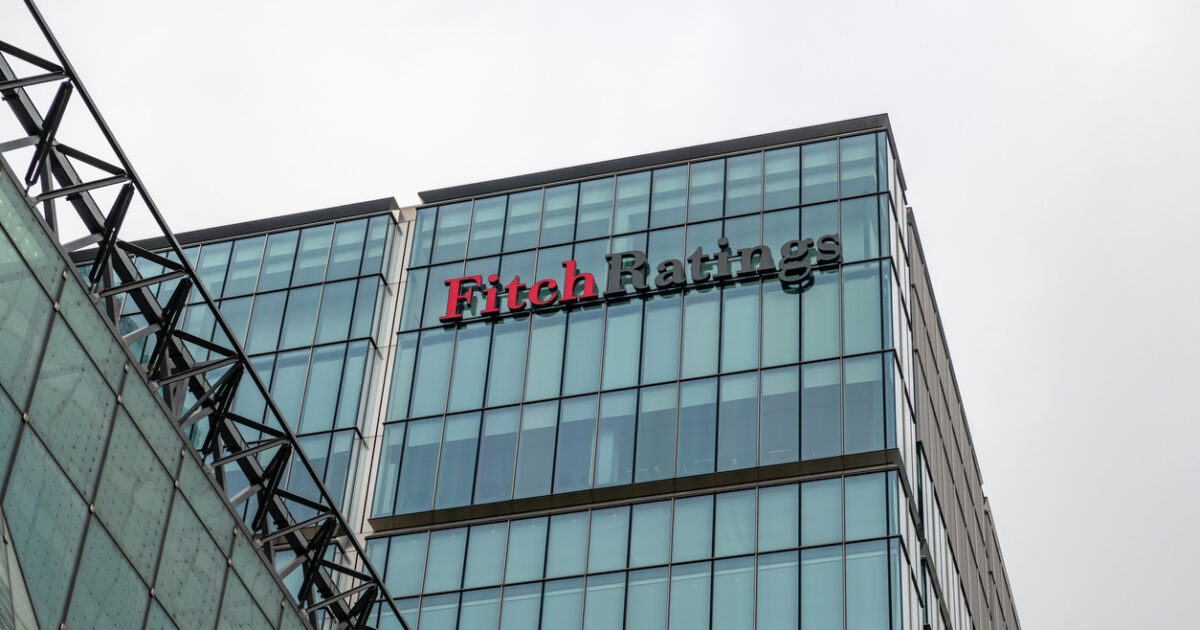Another crucial test for the Greek economy is approaching as the international house, Fitch Ratingsprepares tonight (16.05.2025) to announce the updated evaluation of the country’s credit rating.
This is Fitch’s first 2025 exhibition, with a look at a possible new upgrade of the Greek economy and the consequences it could have.
During the current situation, Fitch ranks Greece in the ‘BBB-‘ with a steady perspective, an assessment attributed to December 2023, marking the country’s return to the investment level after more than a decade.
Since then, there has been no change. The stable Outlook in which Fitch maintains Greece first means that its credit rating is probably not expected to change within the next 12 to 24 months from the time these prospects are validated. That is, there is neither upgrade nor downgrade, unless there is a significant change in the data.
In its previous report, Fitch had highlighted public debt reduction, ongoing fiscal discipline and positive developments in the banking system. However, he had kept reservations about the country’s resilience to external vibration and demographic challenges in the long run.
What have the other houses done
In 2024 and early 2025, the rest of the big houses moved in a positive direction, confirming their confidence in the course of the Greek economy.
S&P keeps Greece in the BBB-, with a positive perspective, opening up the possibility of new upgrading in 2025.
Moody’s, the last of the “Big 4” to keep Greece out of investment, upgraded to BAA3 in March this year.
For its part, DBRS Morningstar has raised the country’s score to BBB as early as 2025, referring to a fundamental improvement of macroeconomic indicators.
What does a possible new upgrade mean
If Fitch is making a new upgrade – which is considered possible, but not given – Greece will climb another step above the threshold of the investment level. This move would have multiple positive effects, as not only would the confidence of investors in Greek bonds, but also in domestic businesses, be enhanced.
At the same time, there are opportunities to further reduce the cost of borrowing the Greek State, at a time when the ECB’s monetary policy is beginning to decline interest rates.
Higher evaluation also means better access to international funds for banks and businesses, especially through institutional portfolios that invest exclusively in high rating titles.
What are the challenges that remain
Although the upgrades of the evaluation agencies reflect the progress of the Greek economy, the long -term challenges remain. The demographic, the consequences of climate change, the stagnation of real incomes and high private debt make up a mix that requires constant management.
Fitch is expected to be placed in this context, recognizing the performance, but keeping a look at the endurance of the Greek model over time.
